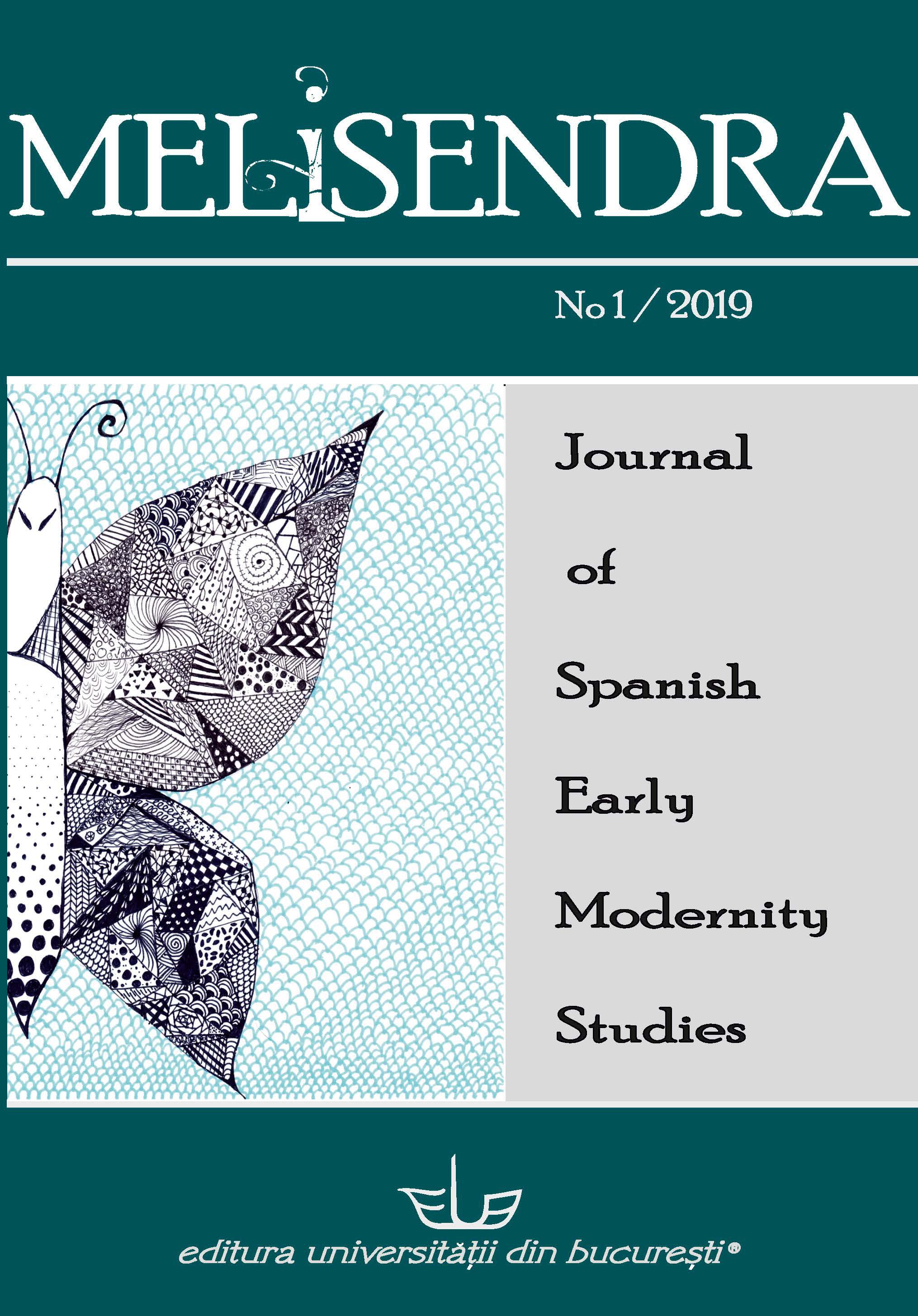The source of sin or «an instrument which elevates souls»? Tomás Luis de Victoria: professional ethics and self-restraint
The source of sin or «an instrument which elevates souls»? Tomás Luis de Victoria: professional ethics and self-restraint
Author(s): Maryna RIZNYCHENKOContributor(s): Silvia Alexandra ȘTEFAN (Editor)
Subject(s): Language and Literature Studies, Fine Arts / Performing Arts, Music, Theory of Literature
Published by: Editura Universităţii din Bucureşti
Keywords: Tomás Luis de Victoria; Renaissance polyphony; Spanish religious music of the 16th century; musical rhetoric; ethics and art;
Summary/Abstract: This article explores Tomás Luis de Victoria’s views on the art of music, its role in human spiritual development, the moral responsibility of a composer, as well as his own personal choice in the profession declared in the preface to the collection of liturgical works (Cantica B. Virginis vulgo Magnificat, 1581) published in Rome. Victoria’s beliefs are discussed in the context of the Renaissance culture with particular attention given to their correlation with the humanistic opinions on man’s self-improvement and the liberal arts’ role in the process. Particular attention is given to the influence of Victoria’s ethical position on his practice as a composer, namely, his decision to dedicate his talent to church genres exclusively. Additionally, the paper focuses on Victoria’s method of using rhetorical techniques in his motet Pueri hebraeorum in order to enhance an intellectual and emotional impact of his works on listeners.
Journal: MELISENDRA. Journal of Spanish Early Modernity Studies
- Issue Year: 2019
- Issue No: 1
- Page Range: 87-97
- Page Count: 10
- Language: English

